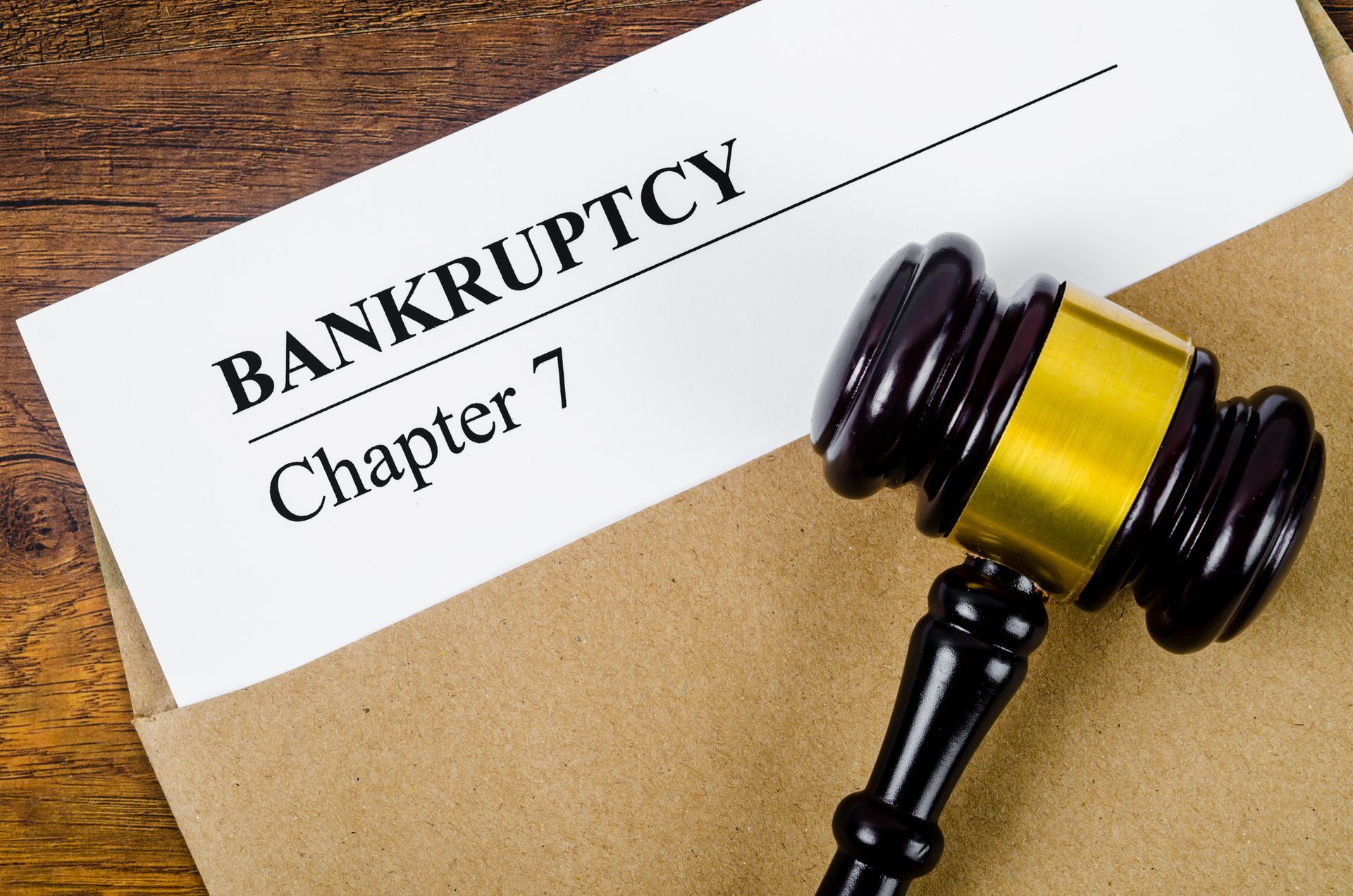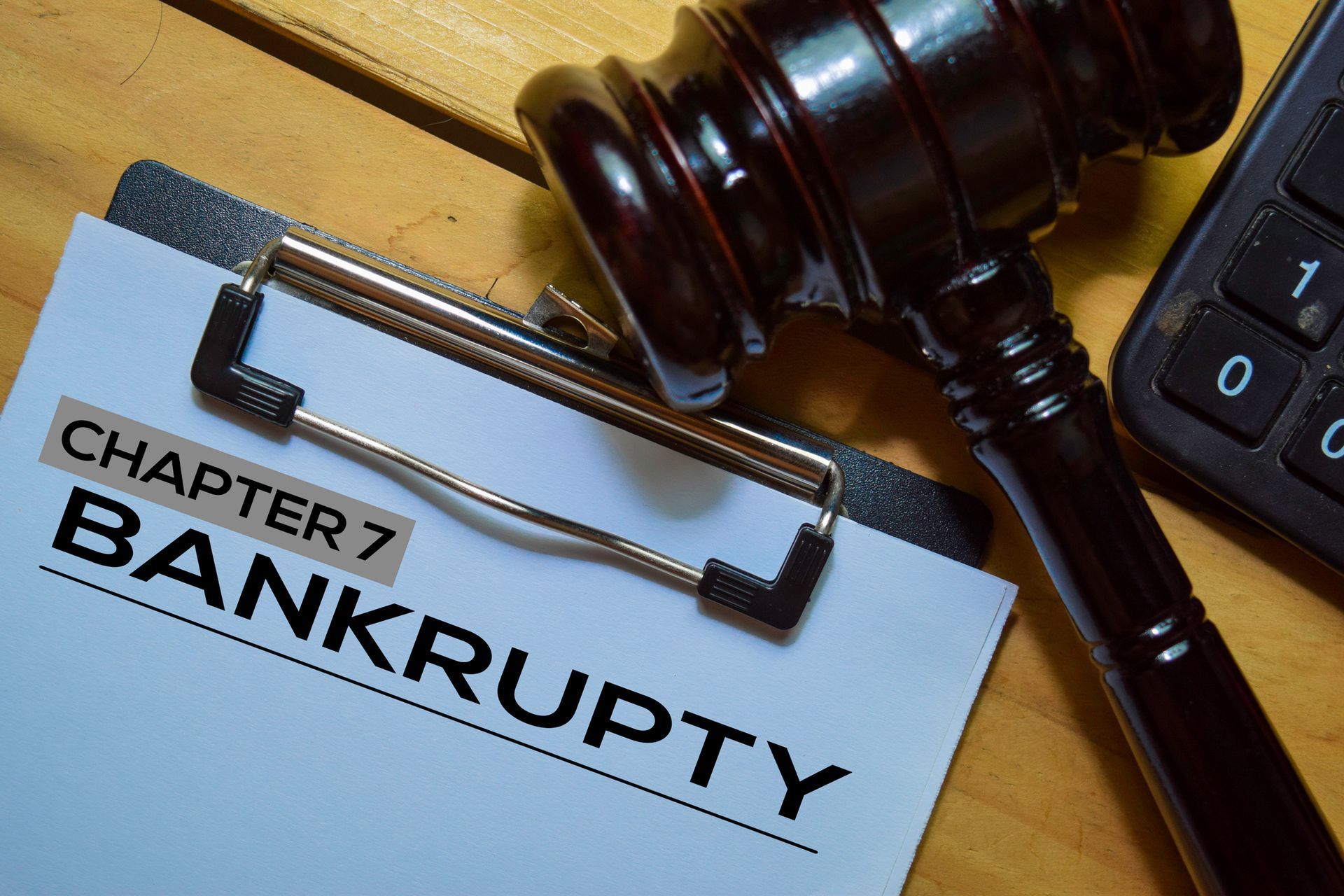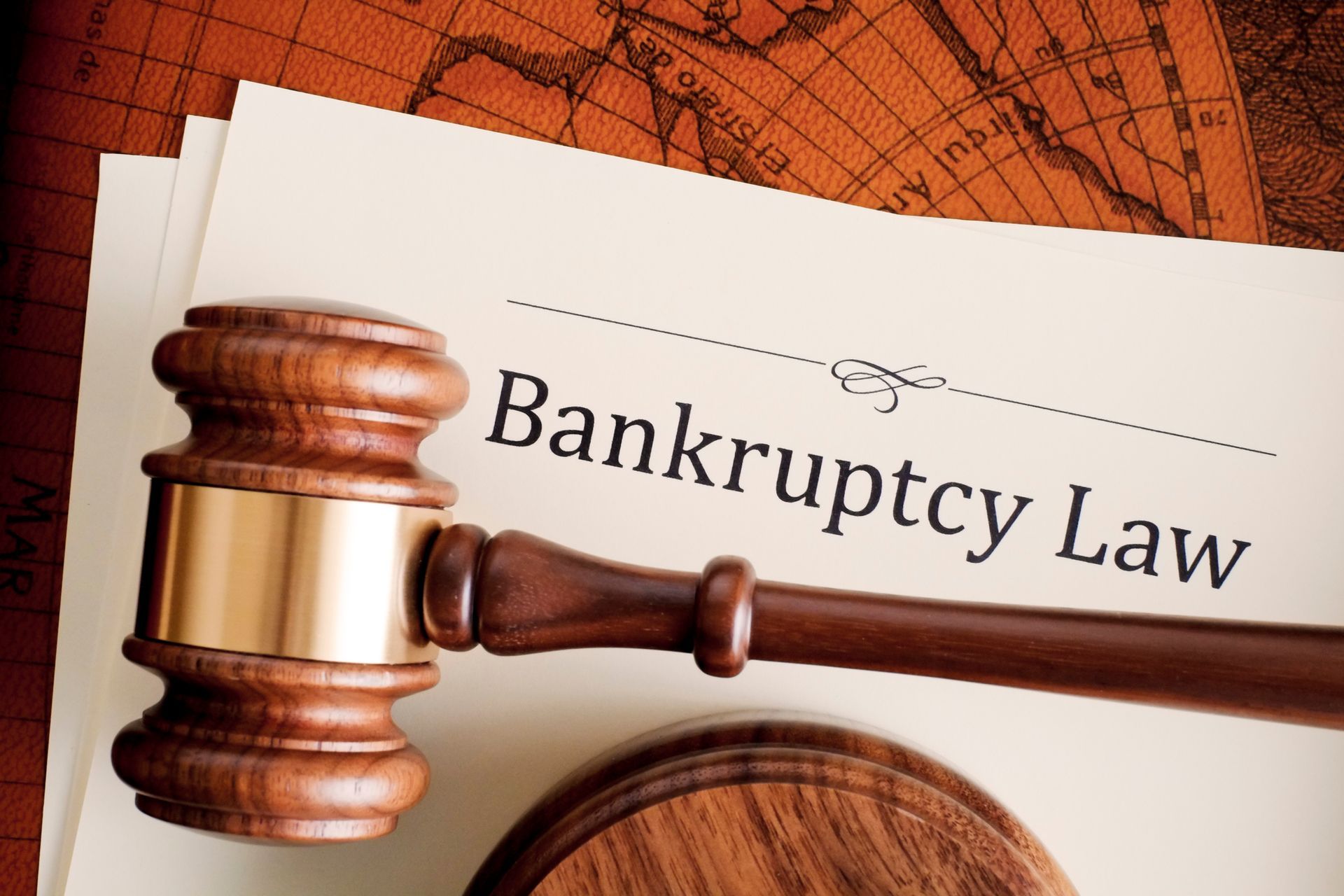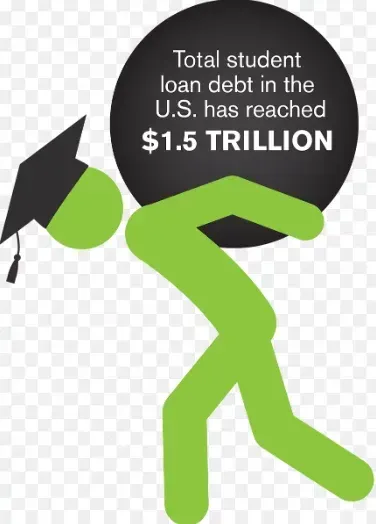By Credit Solutions
•
December 22, 2016
How can Chapter 7 and Chapter 13 bankruptcy help in stopping a shut off? Bankruptcy can offer immediate relief if you're facing a utilities shut off, whether it's during winter or any other time of the year. In order to prevent a shut off and file for bankruptcy, you may need to file an emergency petition, which allows you to start the process and halt the utility shut off proceedings. However, it is crucial to complete the remaining forms within 14 days to ensure the viability of your bankruptcy case. Failure to do so could result in the dismissal of your case by the bankruptcy court. Moreover, filing for Chapter 13 bankruptcy can also be instrumental in stopping a shut off. Once you have filed for bankruptcy, utility companies are legally prohibited from attempting to collect any outstanding bills, be it through mailed statements, phone calls, or even lawsuits. It is important to note, though, that filing for bankruptcy only protects you from previous debts, and you are still responsible for paying new utility bills after the bankruptcy filing. Contrary to bankruptcy, a Chapter 128 non-bankruptcy does not provide the same relief in preventing a shut off. Chapter 7 bankruptcy offers immediate relief for individuals facing a utility shut off, whether it's during the winter or any other time of the year. In such cases, filing an emergency petition can help prevent the utility shut off process. This petition allows you to initiate the bankruptcy process and halt the utility shut off, with the option to complete the remaining forms within 14 days. However, it's crucial to file the remaining forms within this timeframe to avoid the risk of the bankruptcy court dismissing your case. Once you have successfully filed for bankruptcy, the utility companies are prohibited from attempting to collect any past due bills through mailed statements, phone calls, or lawsuits. This protection provides individuals with a much-needed respite from the burden of overdue utility bills. It's important to note that filing for bankruptcy only shields you from previous debts, and you will still be responsible for paying new utility bills that arise after the filing. Alternatively, a Chapter 13 bankruptcy presents a broader range of benefits for the right situation in addition to stopping utility shut-offs. It allows individuals to catch up on missed mortgage or car payments through a repayment plan, effectively preventing foreclosure or repossession. This chapter also provides the opportunity to safeguard valuable assets that may be at risk in a Chapter 7 bankruptcy. Moreover, the structured nature of the Chapter 13 repayment plan instills financial discipline by requiring regular monthly payments over an extended period. This promotes responsible financial management and cultivates good financial habits for future stability. What are the requirements for utilities during the winter heating moratorium? In Wisconsin, a winter utility shut off is banned between November 1st and March 31st. Utilities banned from disconnection include water, electricity, sewer, gas, and phone. Electricity and natural gas, in particular, cannot be turned off between November 1st and April 15th. This means that customers who are behind on their bills during this moratorium period are protected from having their heat-providing service disconnected. However, it is important to note that while utilities are prohibited from disconnecting customers during the winter heating moratorium, consumers who have already been disconnected must still make arrangements to pay their outstanding bills in order to have their service restored. Wisconsin law requires utilities to make an effort to contact these disconnected consumers and attempt to get them reconnected. However, it is essential to understand that utilities are not obligated to reconnect service until payment arrangements have been made. Outside of the designated winter months span, utility shut-offs can still be prevented if the temperature falls below 32 degrees Fahrenheit or is predicted to do so. In such cases, utility companies are not allowed to disconnect your service for 24 hours or until the temperature rises above 32 degrees Fahrenheit. To summarize, during the winter heating moratorium period, utilities in Wisconsin are prohibited from disconnecting customers who are behind on their bills, specifically including electricity and natural gas. However, customers who have already been disconnected must make payment arrangements to restore their service. Furthermore, outside of the moratorium period, utility shut-offs can be prevented if the temperature falls below 32 degrees Fahrenheit. However, if you have significant debt (such as medical bills or credit card bills ), as well as overdue utility bills you may want to consider filing for Chapter 7 bankruptcy. When does the moratorium for disconnecting customers begin and end? In Wisconsin, a winter utility shut off is banned between November 1st and March 31st. This means that customers who are behind on their bills during this period cannot be disconnected by the utilities. It is important for consumers who have been disconnected to contact their local utility before the start of the winter heating moratorium, which begins on November 1st and ends on April 15th. By doing so, they can make necessary arrangements to have their service reconnected. During this moratorium, customers can have peace of mind knowing that they will not face disconnection even if they are behind on their bills. It is crucial for consumers to take advantage of this protection and communicate with their utility to ensure uninterrupted service during the winter months.









